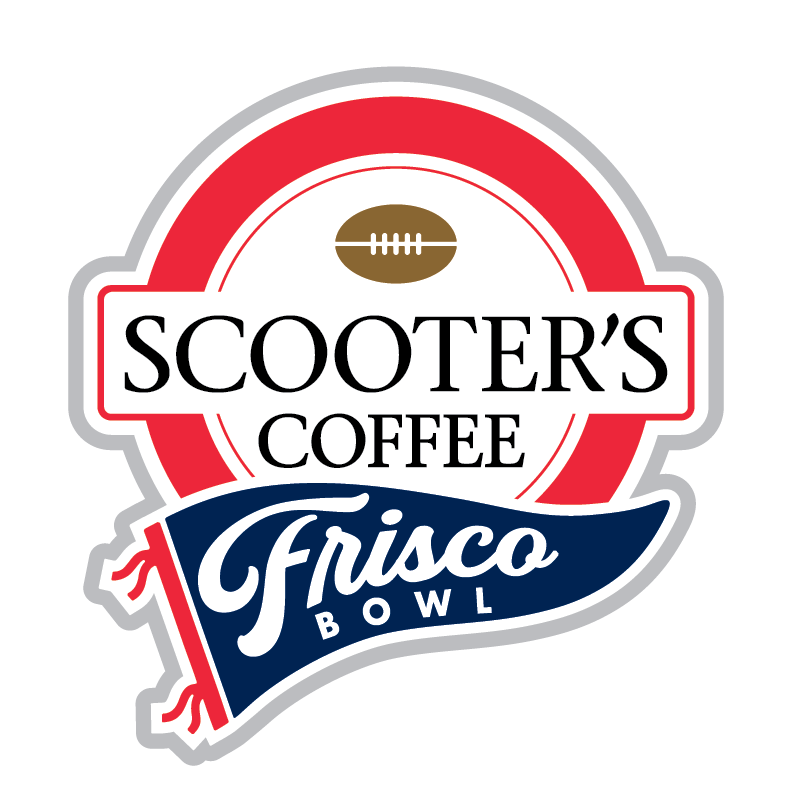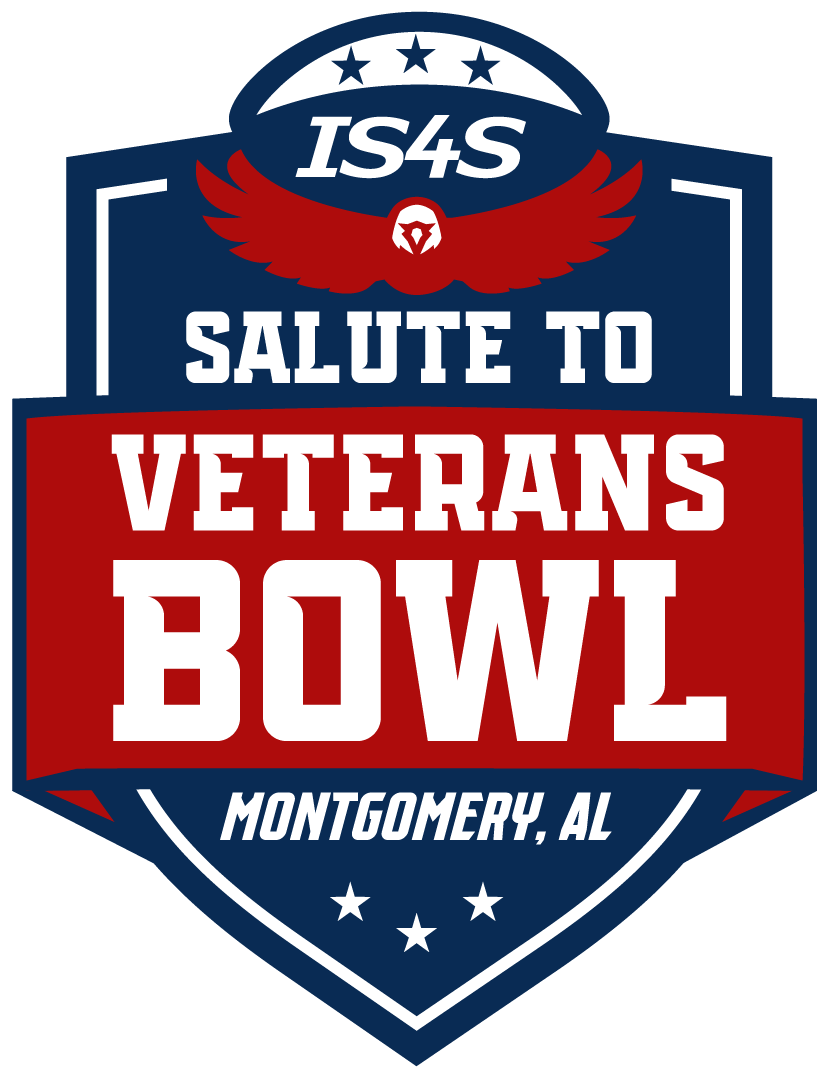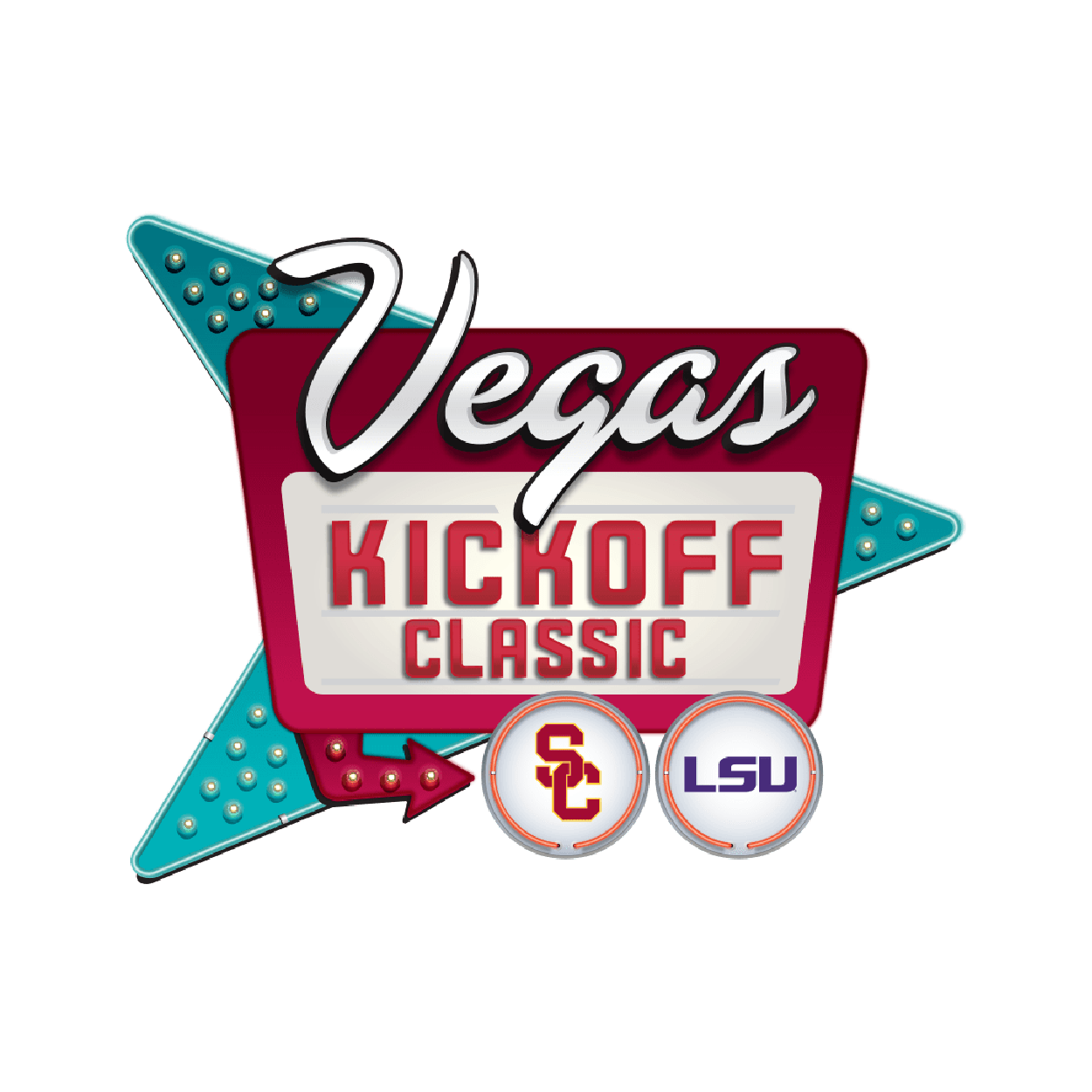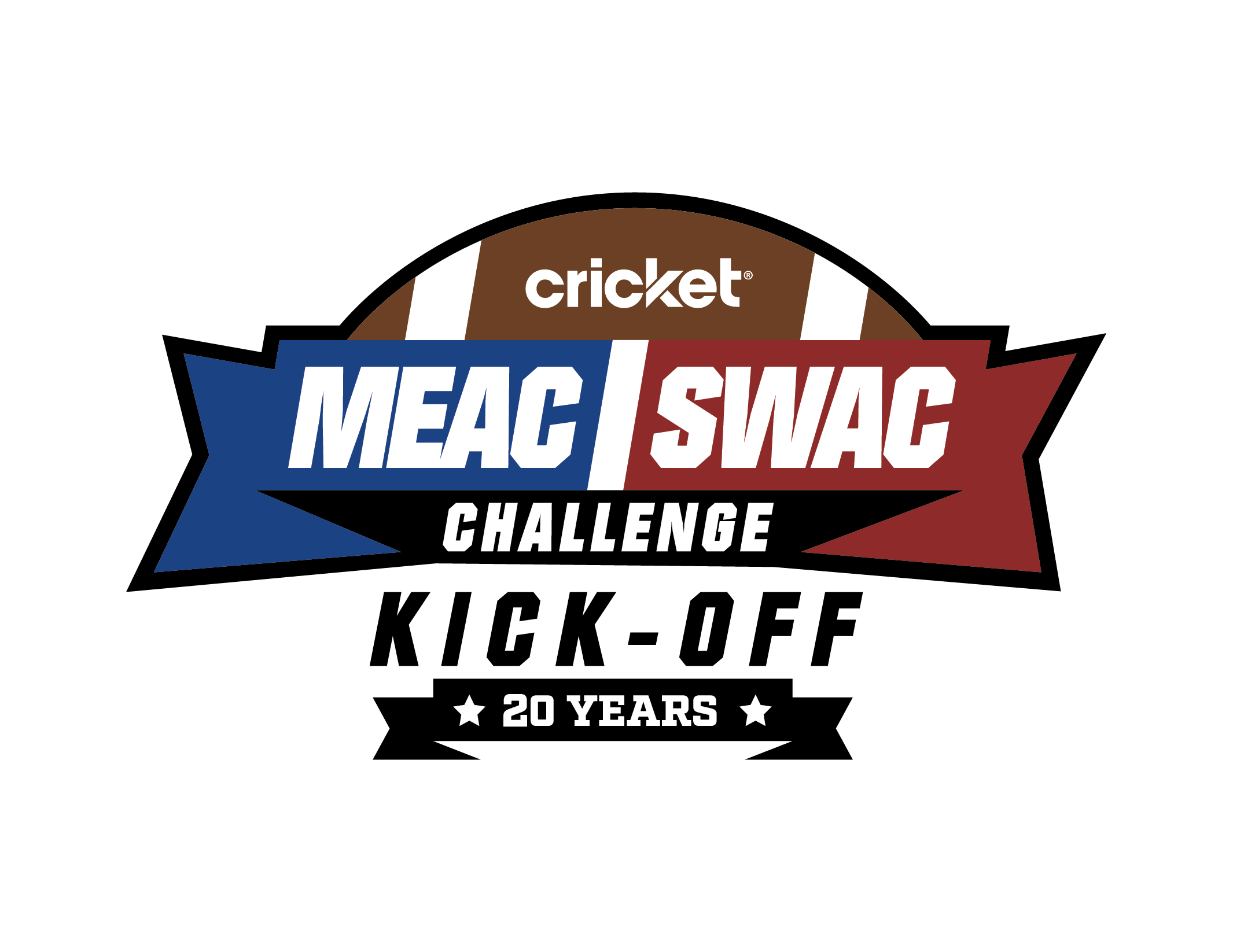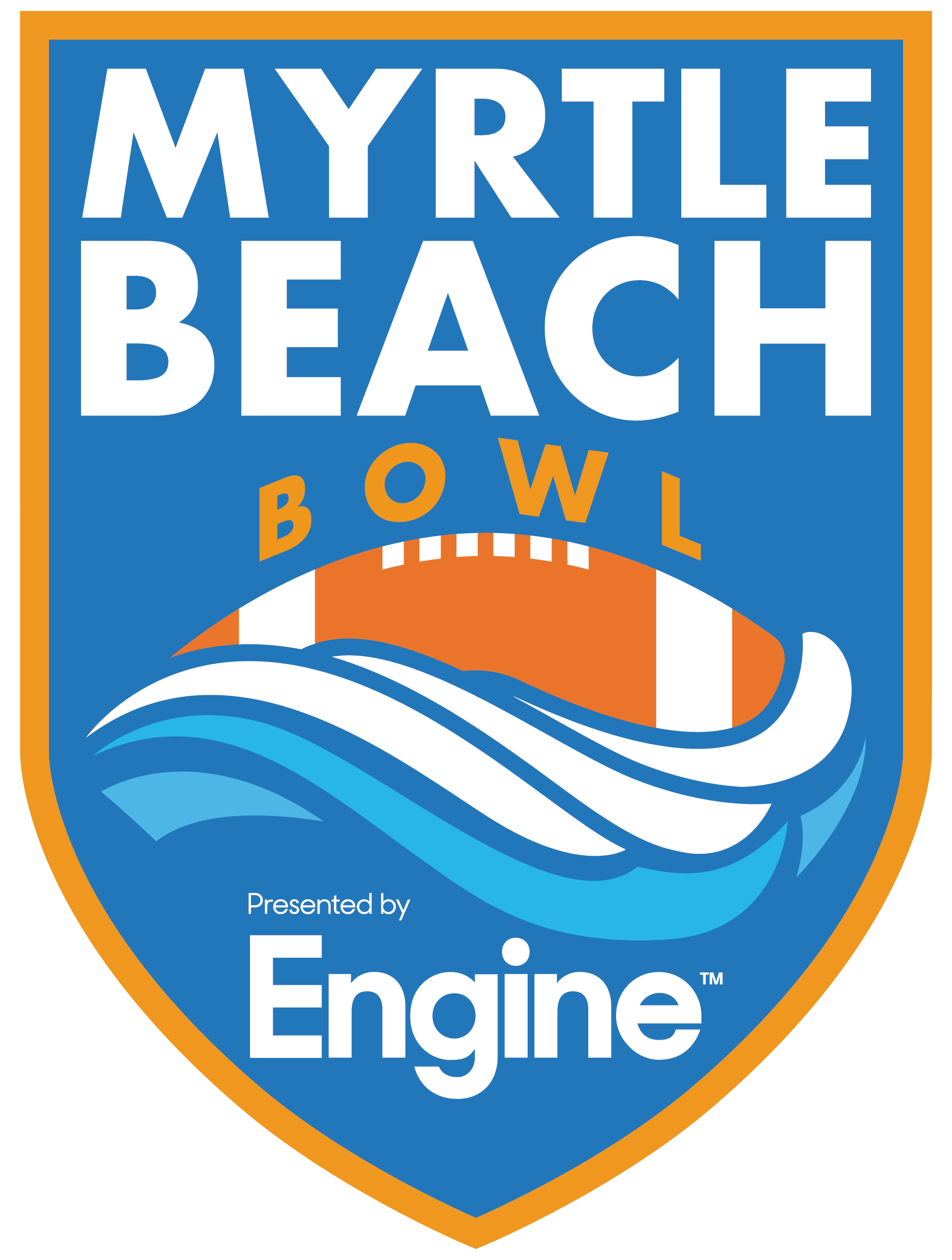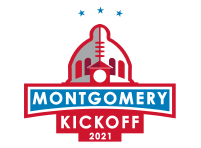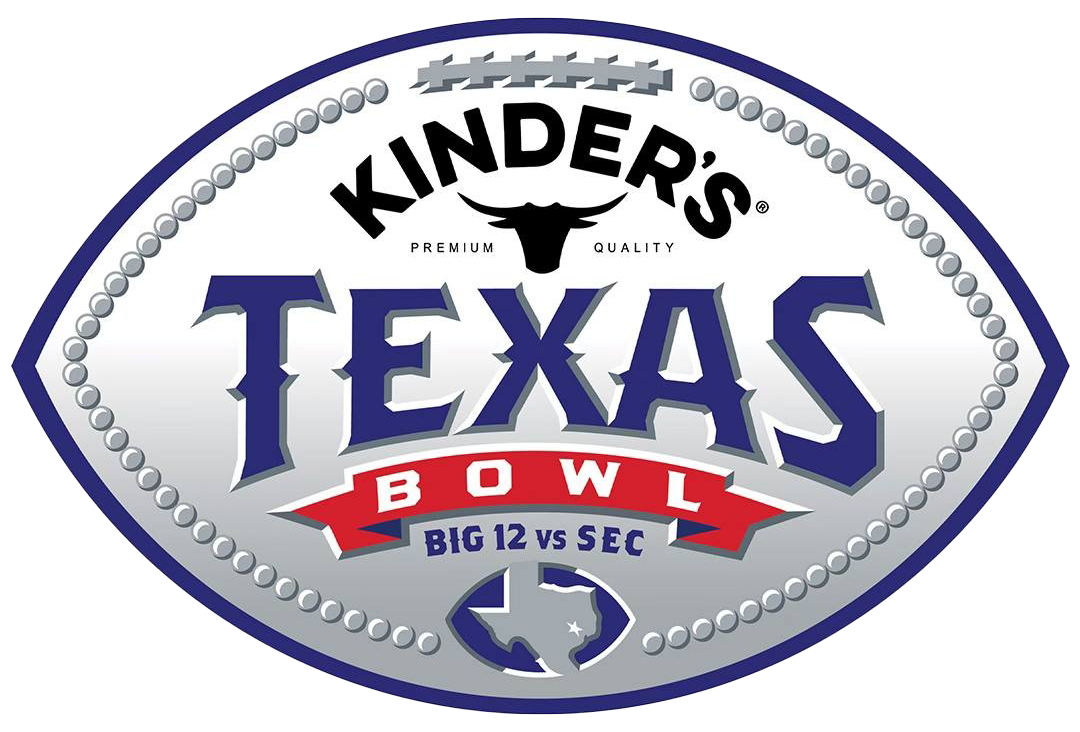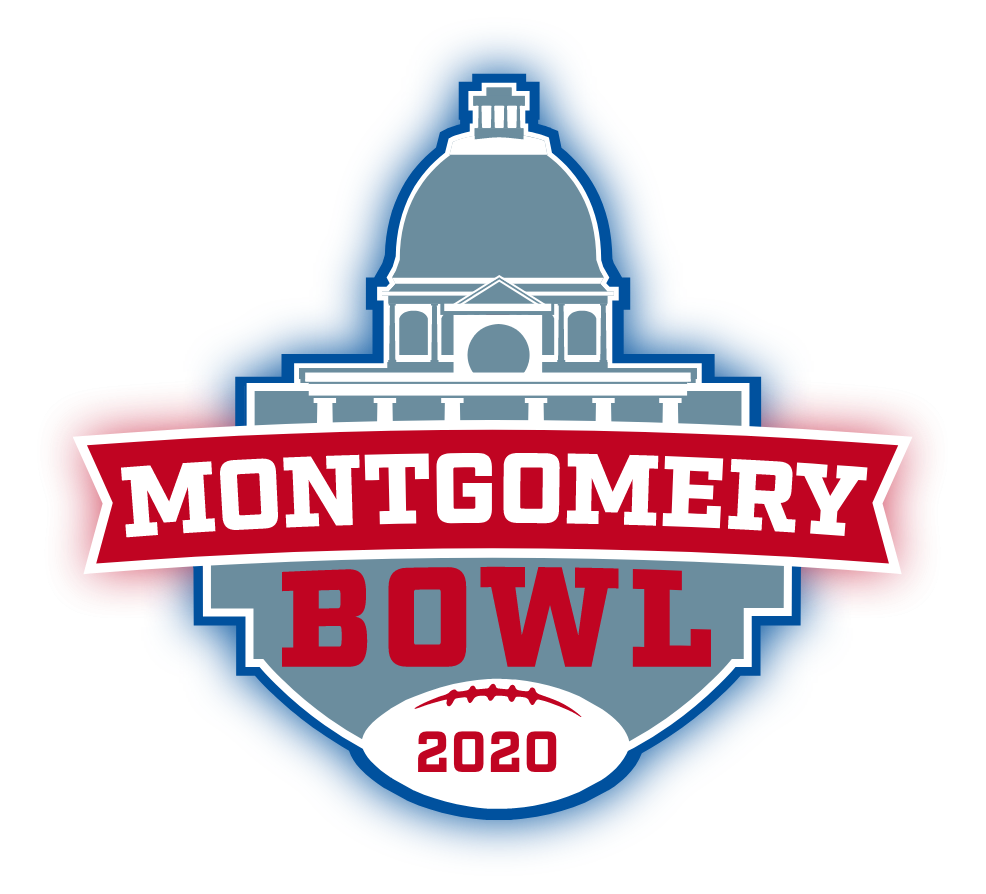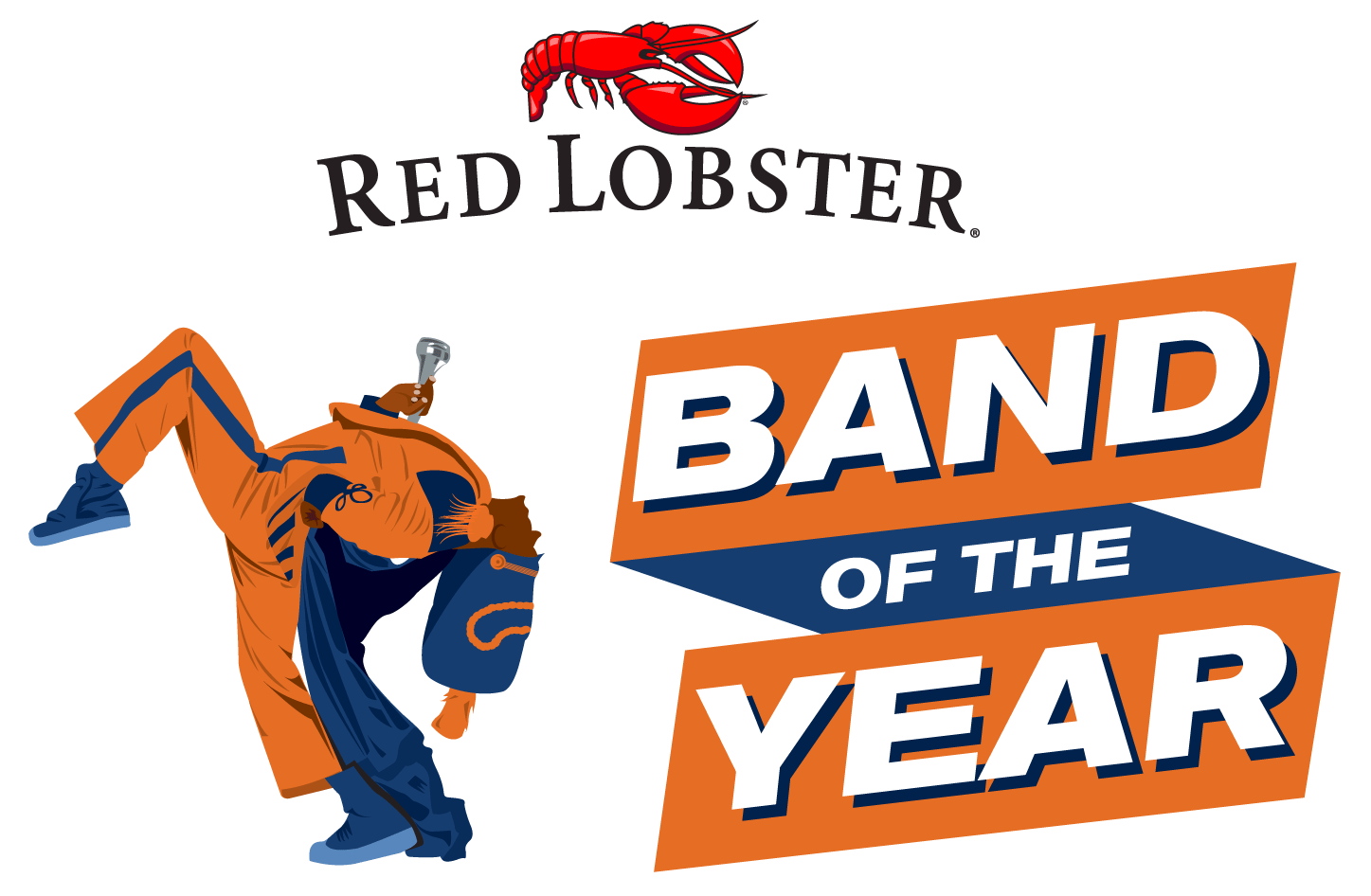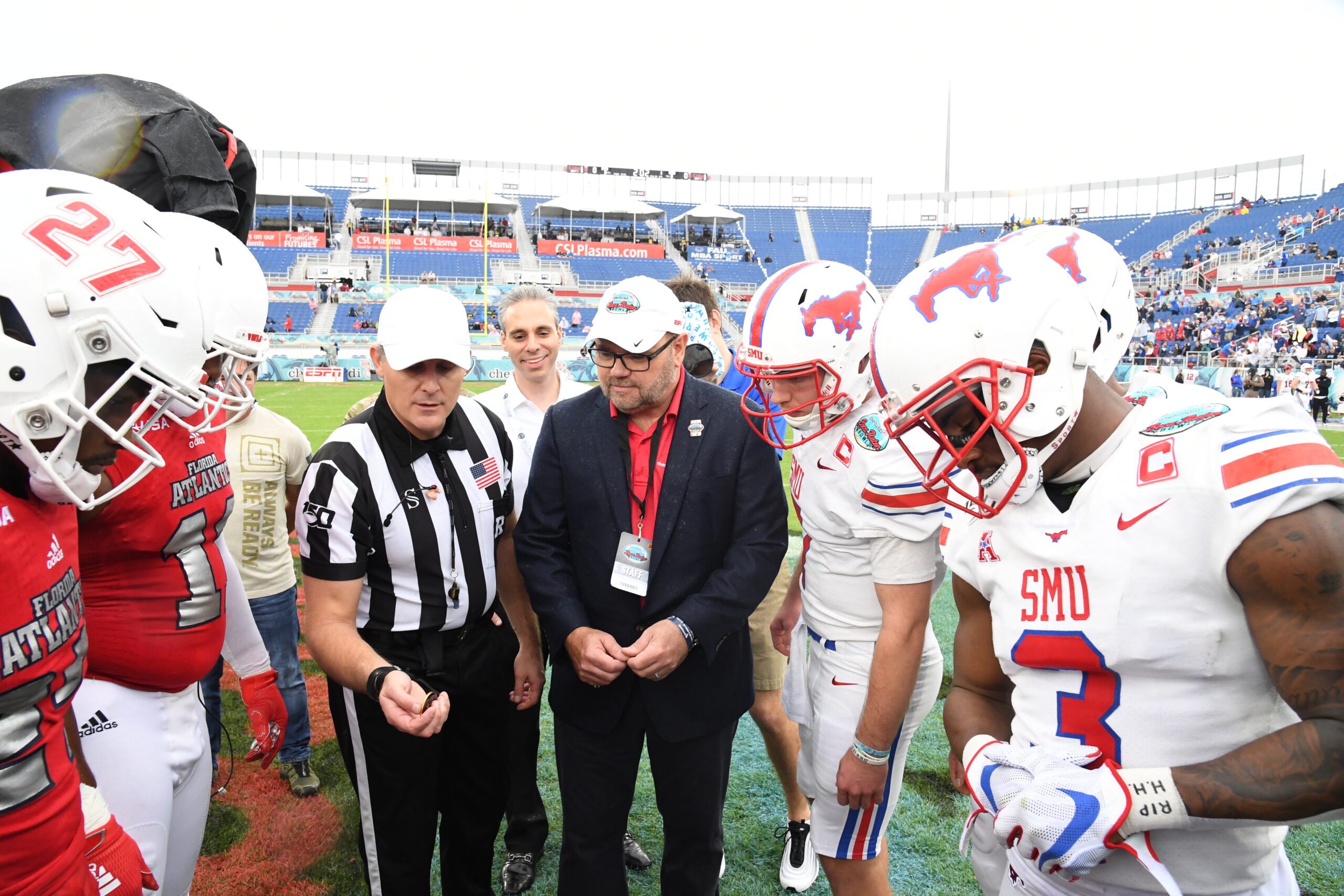Shifting Fates: How Superstitions and a Date Change will shape the 2024 Boca Raton Bowl
College football is a sport that is deeply tied in with each individual school’s tradition, passion and unique mixture of rational and irrational beliefs. For many players, coaches and fans, superstition plays a huge role in the game, impacting everything from pre-game rituals to outfits worn on game days.
The Boca Raton Bowl recently announced a new game date. Boca Raton Bowl 2024 was originally supposed to be played on December 17 but due to an ESPN programming conflict, was later changed to December 18. If the game was to take place on December 17, it would have meant the players arriving in Palm Beach County on Friday, December 13 – a day many avoid due to superstitions.
“I don’t think of myself as overly superstitious but when we originally announced our game date as December 17 and I counted back to when the teams would arrive, seeing that it would be Friday the 13th definitely registered” said Boca Raton Bowl Executive Director Doug Mosley.
“When the game date changed to December 18, I’ll confess to being relieved that we wouldn’t be tempting fate on Friday the 13th!,” added Mosley.
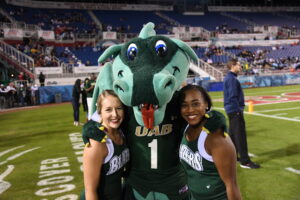
UAB’s mascot, Blaze the Dragon, joins cheerleaders to pose for a picture during the 2018 Boca Raton Bowl game.
The switch in the game date is a reminder of the many quirky, sometimes outlandish superstitions that have been ingrained in the culture of college football. Superstitions are not just limited to rituals; they also can be objects that are considered lucky or sometimes even cursed. One of the most famous examples in college football is Notre Dame’s ‘Play Like A Champion Today’ sign. Since the 1980’s, Notre Dame players have tapped the sign as they exit the locker room, believing it brings good luck once they step onto the field. The sign has become so iconic that it is hard to imagine a Notre Dame gameday without the simple act of respect to the program.
Often playing a mental role, superstitions provide comfort and confidence to those who believe in them. For players, a pre-game ritual or lucky charm can help them focus and feel like they are in more control. ESPN’s Mark Schlabach noted that college football players are deeply superstitious, following specific routines or bringing specific items with them on gameday. For example, seven-time Super Bowl champion and former Michigan quarterback Tom Brady was known for his habit of wearing the same pair of shoulder pads throughout his college career. These rituals can become a security blanket of sorts, offering a sense of control in an environment that provides high pressure moments like college football.
Often extending beyond individuals, superstition becomes beliefs shared by the entire fan base. The sense of having a ritual that is shared amongst thousands can form a strong sense of community and identity. When fans at Florida State University chant the world-renowned tomahawk chop or when LSU’s Tiger Stadium echoes the sound of ‘Callin’ Baton Rouge,’ these actions are deeply tied in with tradition and belief. Whether these rituals directly affect the results of the game, it can be said without a doubt they contribute to the atmosphere of college football.
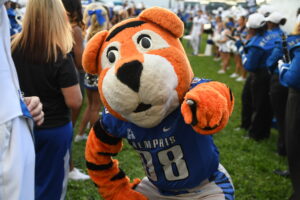
Memphis’ Pouncer the Tiger points at the cameras as the team gets ready for the pep rally leading up to the Boca Raton Bowl 2016.
Superstitions in college football are as different from one another as the schools themselves. For some fans and players, game day rituals are sacred. Auburn University fans have a number of game day superstitions that range from wearing the same clothing items every Saturday to participating in specific pre-game activities. According to an article published by Walt Austin in CollegeandMagnolia.com, Auburn fans are known for their dedication to traditions that are believed to bring their team luck. Some go as far as changing the way they walk to the stadium, or their eating habits before the game starts. In similar fashion, former Alabama head coach Bear Bryant was famous for his superstitions. Bryant believed that wearing a specific hat was essential for good luck. The hat ended up becoming an iconic part of his image and ultimately became a symbol of Alabama football. To this day, fans are seen wearing houndstooth patterns as a symbol of respect to Bryant’s legacy, but also a symbol of good luck.
As we prepare for the 11th annual Boca Raton Bowl on December 18, avoiding the superstitions that ultimately surround Friday the 13th, we are reminded of the powerful role that belief plays in college football. Whether it is a lucky charm, a pre-game ritual or a collective tradition, superstitions are an important part of the college football experience. They often connect fans to the past, comfort in the present and, for many, hold the promise of good fortune in the future. While their true impact of the game may be debatable, there is no denying that they add to the magic and mystery that makes college football so special.











